Disposing of an old air conditioner is more complex than getting rid of regular household trash. Given the complexity of the device, which includes refrigerants that can harm the environment if released into the atmosphere, proper disposal methods are not just recommended; they’re mandatory. This guide will walk you through the steps to dispose of your old air conditioner responsibly, ensuring you comply with environmental regulations and contribute to sustainability efforts.
Why Proper Disposal Matters
Air conditioners contain refrigerants, oils, and other substances that, if not handled correctly, can pose significant environmental risks. Many older units contain chlorofluorocarbons (CFCs) or hydrochlorofluorocarbons (HCFCs), ozone-depleting substances. Even newer models with hydrofluorocarbons (HFCs) contribute to climate change by trapping heat in the atmosphere. Besides, air conditioners are made of metals and plastics that can be recycled and reused, reducing the need for new raw materials.
Understand the Regulations
In the UK, the disposal of air conditioners is regulated under the Waste Electrical and Electronic Equipment (WEEE) Directive, which aims to reduce the quantity of waste from electrical and electronic equipment and encourage recycling and recovery. Furthermore, the Environmental Protection Act (EPA) mandates the safe disposal of refrigerants. Before disposing of your air conditioner, familiarise yourself with these regulations to ensure compliance.
Contact Professional Services
The safest way to dispose of an old air conditioner is through professional waste removal services or recycling centres that handle WEEE items. These services know how to properly dismantle the unit, ensuring that harmful substances are contained and recycled or disposed of according to legal and environmental standards.
Consider Manufacturer Take-Back Programs
Some manufacturers offer take-back programs for old air conditioning units. These programs are designed to ensure that the air conditioners are disposed of or recycled in an environmentally friendly way. Check with your air conditioner’s manufacturer to see if such a program is available.
Donate If Possible
If your air conditioner is still in working condition but no longer meets your needs, consider donating it. A second-hand air conditioner might benefit many charitable organisations, schools, and community centres. However, ensure that it is in good working condition and does not require significant repairs, as this could impose additional burdens on the receiving party.
Recycling Centers
For air conditioners that are beyond repair, taking them to a local recycling centre that accepts electronic and electrical equipment is a viable option. These centres can recover recyclable materials contained in the unit, such as metals and plastics, reducing the environmental impact.
Council Collection Services
Some local councils offer collection services for large electrical items, including air conditioners. This service usually comes with a fee, but it ensures that your unit will be disposed of responsibly. Contact your local council to inquire about available services and any associated costs.
Safety Precautions
When preparing your air conditioner for disposal, ensure connections are safely disconnected. If you’re removing a window unit or a split system, secure the unit to prevent it from falling and causing injury. Remember, handling refrigerants and other components of air conditioners should only be done by qualified professionals.
Have you read: How Do I Dispose of an Old Washing Machine?
Conclusion
Responsibly getting rid of an old air conditioner is crucial for both legal compliance and environmental protection. The guide provided here, presented by Skip Hire Epsom, offers a roadmap for ensuring the disposal process reduces harm to the environment. Options like using certified recycling services, participating in manufacturer take-back schemes, or utilising local council collection services provide reliable means to dispose of your air conditioning unit. Engaging in these practices with the assistance of Skip Hire Epsom supports environmental preservation efforts. It adheres to legal requirements, demonstrating a commitment to the responsible disposal of electronic and electrical appliances.
FAQs
Q: Can I remove refrigerant from my air conditioner myself?
A: No, removing refrigerant requires special training and certification due to its hazardous nature. Always hire a certified technician.
Q: Are there any costs associated with disposing of an air conditioner?
A: Some options, like council collection services or professional waste removal, may involve a fee. However, recycling centres and manufacturer take-back programs may offer free disposal.
Q: What should I do if my air conditioner is still in good working condition?
A: Consider donating it to a charitable organisation or selling it second-hand to extend its useful life and reduce waste.
Q: Can I recycle the entire air conditioner?
A: Most parts of an air conditioner, including metals and plastics, can be recycled. However, the refrigerant and oils need to be carefully removed and processed by professionals.
You can also read: How to Dispose of an Old TV Responsibly
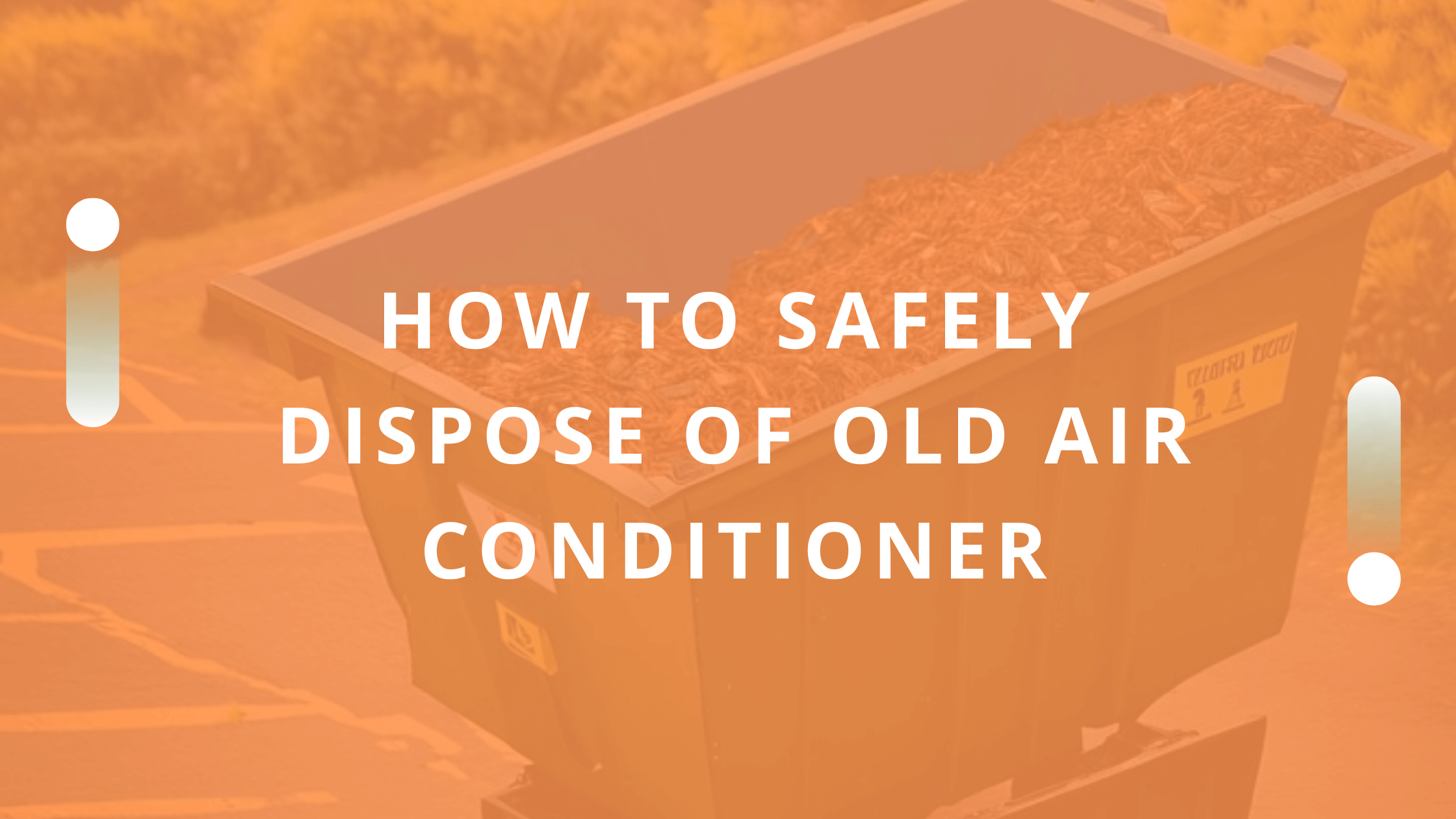
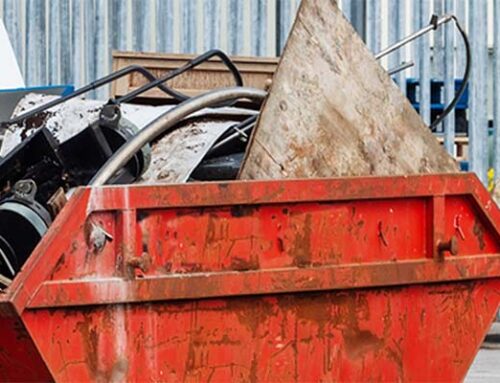
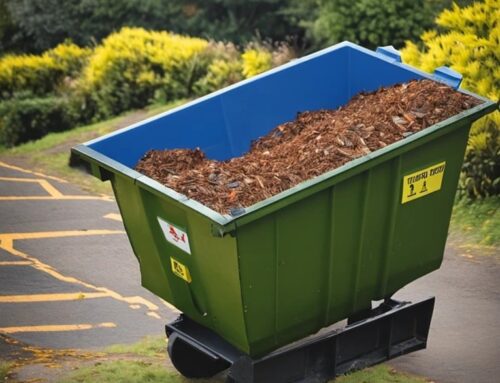
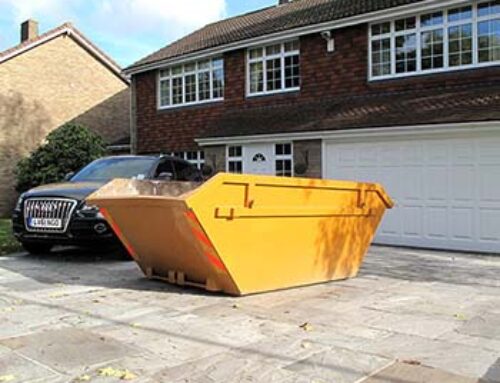
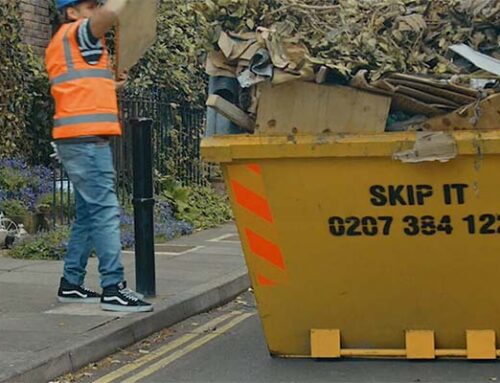
Leave A Comment